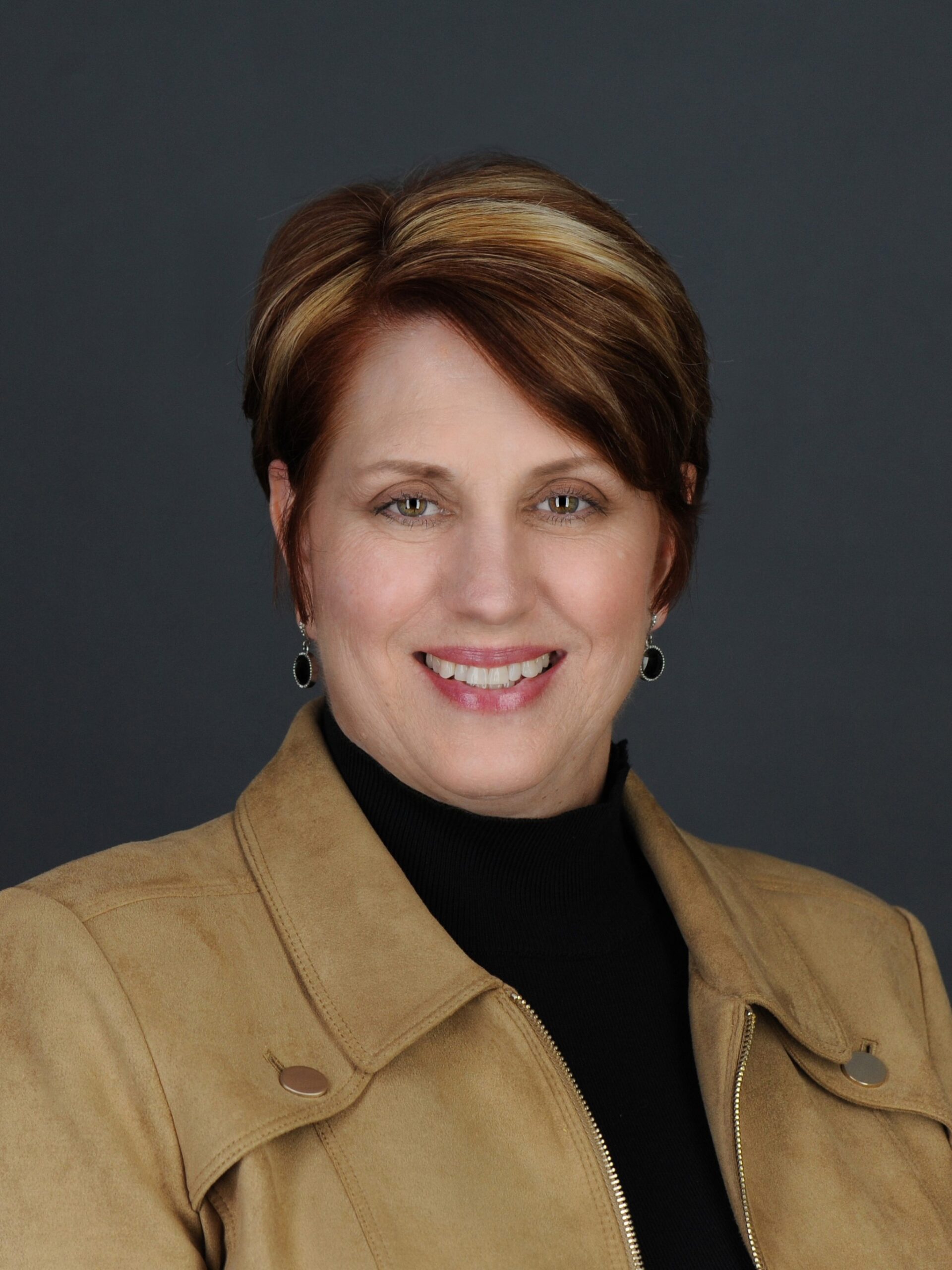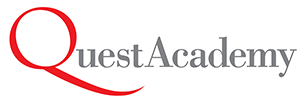Gr 7-8 Regional Science Fair
Congratulations to all our scientists. Quest sent 20 students to the Region 6 IJAS Fair last Saturday.
The Quest Science Fair team had a very good day this past Saturday at Stevenson High School, where the 2024 Science and Engineering Fair took place. We sent a team of twenty 7th and 8th graders to represent Quest at the Region 6 fair, the largest and most competitive region in the state. The other schools there had plenty of reasons to hear about Quest Academy that day, as the judges were quick to note the depth and the quality of the Quest students’ science fair projects.
Three of our students received awards from the Special Awards judges that were there that day:
Alex Rechitsky received the Jonas Salk Award for his work with antibiotics in conjunction with rainforest alkaloids and their ability to control several different types of bacteria. He had expected the combined control agents would work better in synergy than alone but was surprised when he discovered that turmeric actually seemed to deactivate certain antibiotics.
Arnav Chaphalkar was recognized by the Optical Society for his efforts in computer science. The universe is a vast and beautiful place, but it hides some of its secrets very well. It is hard to look at a series of photographs of deep space and pick out subtle anomalies in the data, but what if we could train a computer to do the looking for us? Arnav wrote a computer program to do just that, specifically in search of black holes. Great work, Arnav!
Last but not least, the judges honored Paige Timpe with the Marie Curie Chemistry Award. There is nothing in human physiology that can digest and break down the caffeine molecule, yet another rainforest alkaloid. Unfortunately, there is nothing in nature that can perform this task either. Yet we continue to consume vast quantities of caffeinated beverages across the country, and it is slowly but surely caffeinating our groundwater. Enter Paige Timpe.
Paige worked first in the Quest science lab, using freshwater daphnia as a canary in the coal mine to see the effects of varying levels of caffeine on the circulatory function of these simple organisms. But some of the additional tests that Paige hoped to run simply can’t be done in a middle school lab, so Paige began to network. She found a scientist at Harper College who could perform additional tests with her, and then she made a connection at yet another lab which does such high-end work that they are often employed by the government. There, Paige worked with top scientists in the field to try to find ways to quickly and efficiently purify the water and extricate the caffeine from each sample. This is an area of science that is so new that only two labs in the entire nation currently have the ability to even test for caffeine. Paige is also working with local water specialist Dr. Frank Hauser to try and add a third method for testing for the presence of caffeine.
But wait, there’s more. Is it any wonder that Paige also took the EPIC (Best in Category) Award in chemistry as a 7th grader? One just doesn’t see that many kids at that age who can generate an 80 page college-level paper on any topic. Her science teacher Mr. Stoffregen had to smile when she came to ask him if it was okay to write that much on the caffeinated water. It would be easier perhaps to ask the sun to stop shining so naturally he gave her the green light to proceed.
But wait, we’re not done yet. Remember the rest of the Quest Academy team? They certainly weren’t sitting on their laurels while all this was taking place. Fully seventeen of the twenty students took home the gold that day, making Quest the Division A champions at the 2024 Region 6 science fair. Nine of those students will advance to the State Science Exposition this coming May, to be held at Milikin University. Go Quest!
The students moving on to IJAS State Exposition: Z Cross, Anum D, Vivian H, Ksheera K, Brooklyn M, Alex R, Vedant S, Louis Z.








